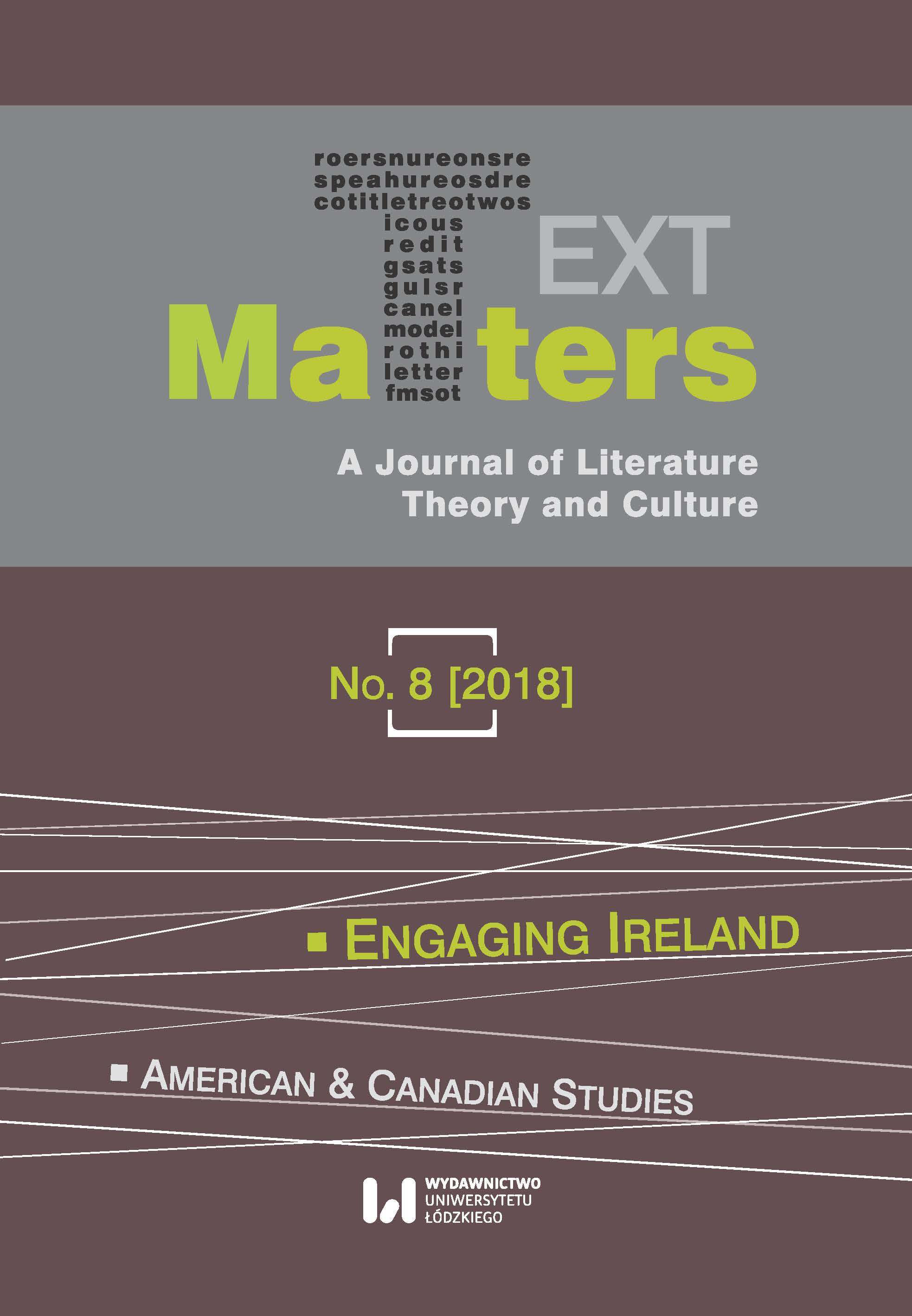Mexican Village: Josefina Niggli’s Border Crossing Narrative
Mexican Village: Josefina Niggli’s Border Crossing Narrative
Author(s): Jadwiga MaszewskaSubject(s): Studies of Literature, Theory of Literature
Published by: Wydawnictwo Uniwersytetu Łódzkiego
Keywords: Josefina Niggli; U.S.-Mexico borderlands; Chicano/a literature; Mexican folk traditions; biculturalism
Summary/Abstract: The paper presents Josefina Niggli (1910–83), an American mid-twentieth-century writer who was born and grew up in Mexico, and her novel Mexican Village (1945). A connoisseur of Mexican culture and tradition, and at the same time conscious of the stereotypical perceptions of Mexico in the United States, Niggli saw it as her literary goal to “reveal” the “true” Mexico as she remembered it to her American readers. Somewhat forgotten for several decades, Niggli, preoccupied with issues of marginalization, hybridization, and ambiguity, is now becoming of interest to literary critics as a forerunner of Chicano/a literature. In her novel Mexican Village, set in the times of the Mexican Revolution, she creates a prototypical bicultural and bilingual Chicano protagonist, who becomes witness to the rise of Mexico’s modern national identity.
Journal: Text Matters: A Journal of Literature, Theory and Culture
- Issue Year: 2018
- Issue No: 8
- Page Range: 352-364
- Page Count: 13
- Language: English

